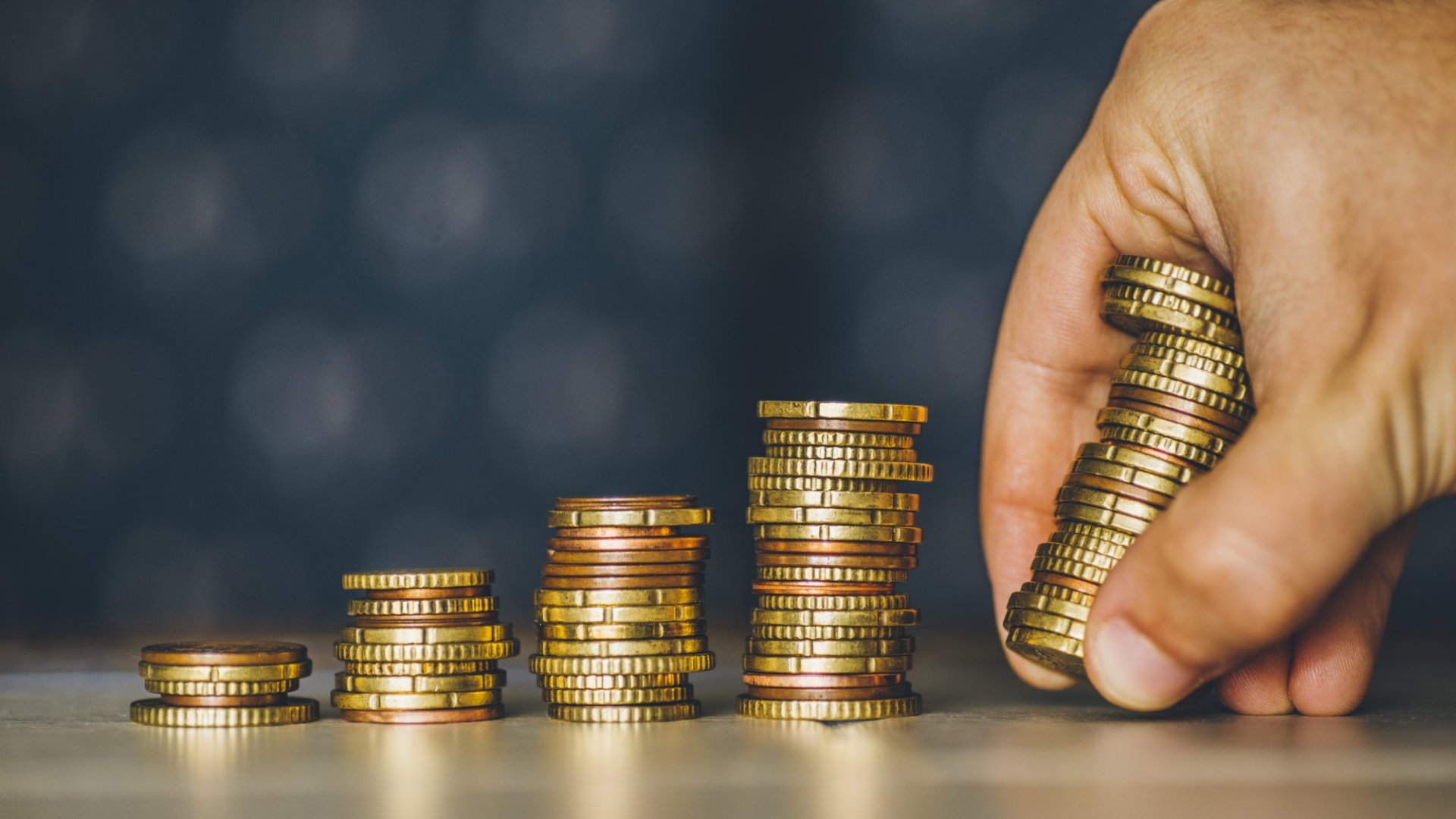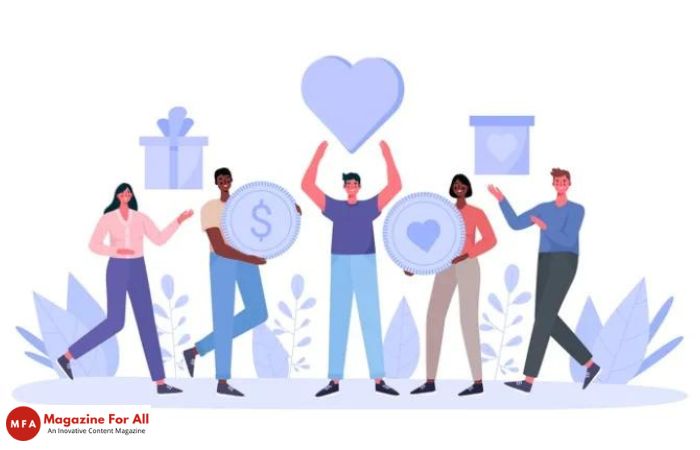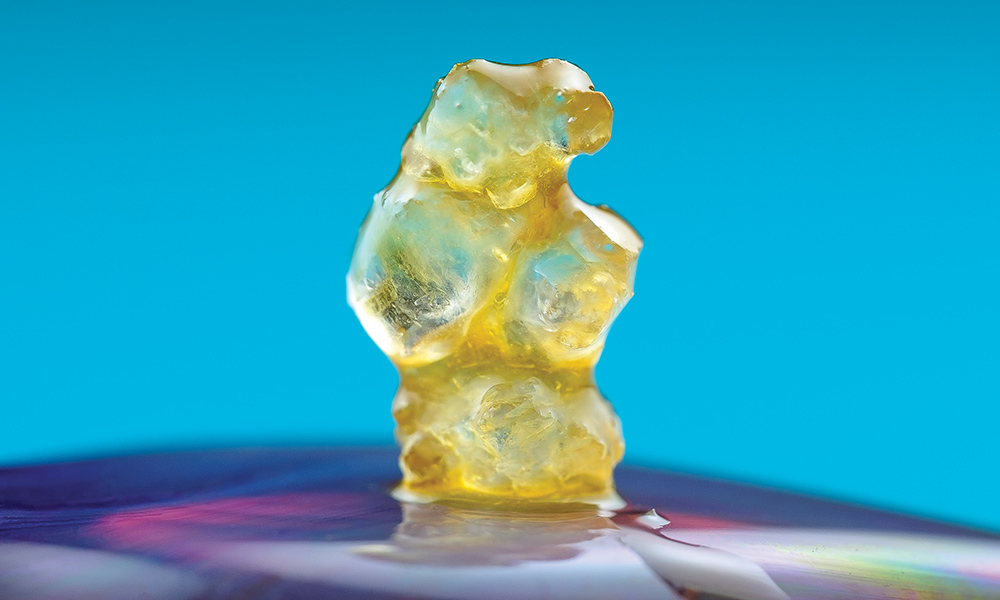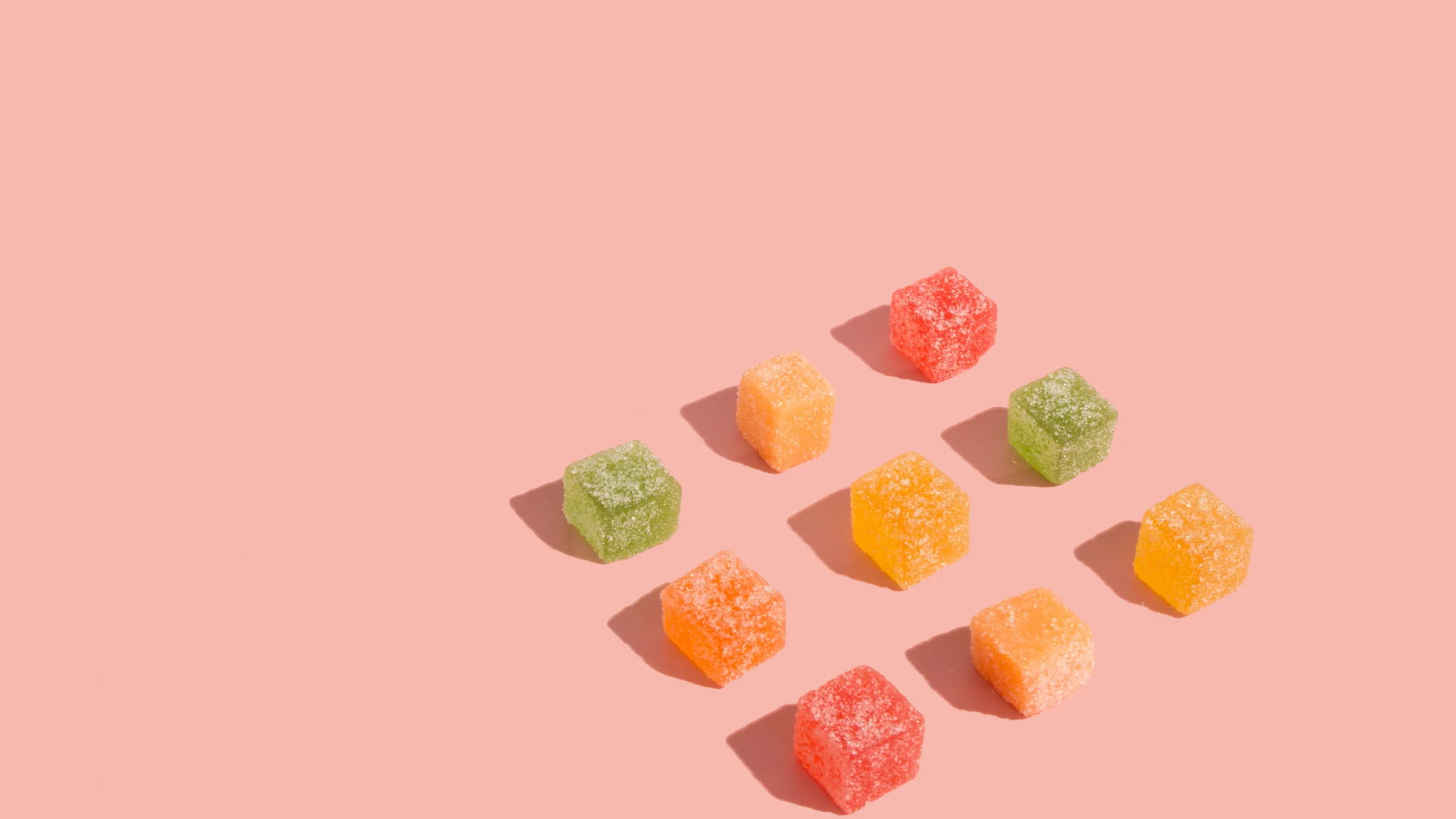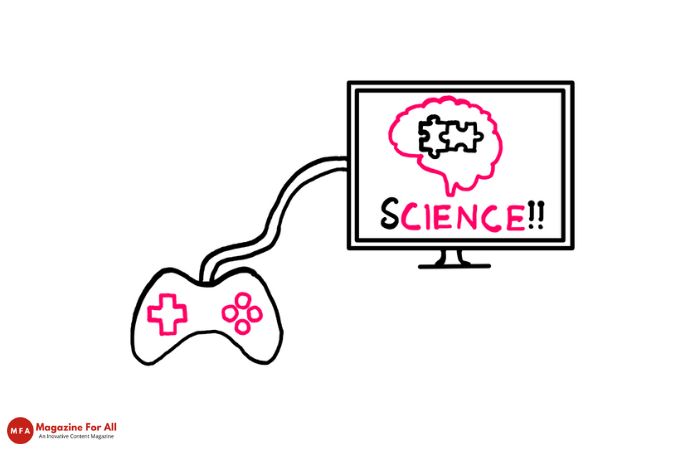They can be helpful for many, so talk to your doctor about this option. If you’re dealing with severe alcohol withdrawal symptoms, such as anxiety, insomnia, nausea, and hallucinations, among others, then your doctor may suggest medications such as chlordiazepoxide or other benzodiazepines. Though depression is experienced by many, it can often go undiagnosed and untreated. You don’t have to battle the depression alone and relying on alcohol to make you feel better will only cause further pain. Reach out to a mental health professional to talk about treatment and strategies for dealing with depression.
Table of Contents
The Risks of Reduced Inhibitions & Substance Use
And the alcoholic beverage industry is a major economic force, responsible for more than $250 billion in sales annually in the US. Our Medical Affairs Team is a dedicated group of medical professionals with diverse and extensive clinical experience who actively contribute to the development of our content, products, and services. They meticulously evaluate and review all medical content before publication to ensure it is medically accurate and aligned with current discussions and research developments in mental health.
- Some findings indicate that depressive disorders, including major depression, may be caused by alcohol misuse for some people 4.
- Whether you’re experiencing depression or not, it’s essential to evaluate your drinking habits and consider why you drink, when you drink, and how you feel when you drink.
- Research shows that most people who abuse alcohol and enter treatment have high scores on depression rating scales.
- Over time, your brain’s reward pathway builds tolerance and requires more and more dopamine (via alcohol) to feel pleasure.
- However, alleviating depression does not resolve the alcohol use disorder.
Is It Genes or Lifestyle?
Shortly afterward, a second federal report warned that people who consume more than nine drinks per week have a one in 100 chance of dying from their habit, due to alcohol’s links to a range of health problems. Alcohol consumption is common among people living with HIV (PLWH) and Hepatitis C (HCV) co-infected individuals (Molina, Simon, Amedee, Welsh, & Ferguson, 2018; E. C. Williams et al., 2016). One factor that likely drives persistent alcohol use among PLWH, including those with HIV-HCV co-infection, is drinking to cope with negative affect (Elliott, Stohl, Aharonovich, O’Leary, & Hasin, 2016). But the same report also found some potential positive associations between moderate drinking and health. Compared with people who never consume alcohol, those who drink in moderation were at lower risk of heart attack and nonfatal stroke. And overall mortality from any cause was also found to be lower among those who drank in moderation compared with those who never drank.
In this study, data regarding mean alcohol drinks per day in the past month were used. “We encourage all adults who choose to drink to adhere to the Dietary Guidelines and consult with their healthcare providers. No one should drink to achieve health benefits, and some people should not drink at all,” he said, adding that the organization supports the use of this study to inform the guidelines as Congress intended and as previously done. There is a known link between alcohol and cancer, and any amount of drinking raises that risk. For Surgeon General Dr. Vivek Murthy, this “direct link” was sufficient to issue an advisory and call for an updated health warning label on alcoholic beverages to highlight it.
- Preliminary research supports Dry January’s benefits, from helping reduce people’s blood pressure, weight and insulin resistance to prompting them to reconsider their long-term relationship with alcohol.
- Take the first step toward a brighter future by contacting us today.
- If you have depression and drink too much alcohol, then you may be wondering if there are any treatments or lifestyle changes for someone in your situation.
- But this is poor quality sleep and the difficult feelings are likely to come back.
- It is important to note that medications for alcohol use disorder are a first-line treatment.
- By increasing recovery capital through social support, HIV-HCV patients might reduce their drinking.
If you drink regularly to manage depression symptoms, it may have be beneficial to work with a therapist who specializes in treating co-occurring depression and alcohol use. When other factors beyond alcohol play into your mood, however, feelings of depression might persist even after your hangover improves. But regularly drinking more alcohol than these guidelines recommend can pose a number of health risks, including depression. According to the National Institute on Alcohol Abuse and Alcoholism, moderate drinking means one drink per day for women and two drinks per day for men.
Effects of Alcohol Use
One of the barriers to seeking help for alcohol and depression is the stigma that society attaches to both mental health issues and substance abuse. Many individuals hesitate to reach out for assistance due to fear of judgment or discrimination. It’s crucial to recognize that both conditions are medical illnesses, and seeking help is a sign of strength, not weakness. If you are experiencing symptoms of depression in sobriety, it is important to speak to your doctor. It is common for people to require separate treatment for depression and alcohol abuse. If you have a history of depression or anxiety disorders and used to self-medicate with alcohol, your symptoms will likely increase when you quit.
More About Live Free Recovery
At the same time, people with depression may attempt to self-medicate with alcohol. But not all alcohol consumption was linked with worsening depression. People who drank in moderation had an average of Sober House Rules: What You Should Know Before Moving In 0.09 fewer depression symptoms than non-drinkers. The researchers defined moderate drinking as one to three drinks daily for women and one to four for men. These limitations make it hard to know how much to rely on studies that find health risks (or benefits) to alcohol consumption.
Symptoms of Depression
People with depression may use alcohol as a form of self-medication. Drinking alcohol can become a coping mechanism to deal with feelings of hopelessness, numbness, guilt, and worthlessness. If you begin to notice any unwanted side effects — physical or emotional — while drinking, it may be best to call it a night. Spending time in nature can also have health benefits, including improving your mood.
I’ve spent the last seven years researching and understanding alcoholism, addiction, and how people get sober. Additionally, I examine the way mental and physical health as well as our relationships with others impact the reasons people drink and their role in maintaining sobriety long-term. According to American Addiction Centers, acute mental health responses like severe anxiety and depression often resolve by the fourth or fifth day of sobriety. However, milder, lingering episodes of anxiety and depression can go on for 3-6 months after your last drink. So for individuals who suffer from depression and abuse alcohol, it’s not that giving up alcohol makes you depressed.
Psychiatrists and other healthcare professionals may utilize a variety of screening tools coupled with patient examinations and even lab tests to assess for mental health conditions such as depression and their potential contributing factors. Simultaneous treatment for alcohol misuse and a depressive disorder can help you or your loved one take back control of your mental health, physical wellbeing, and overall happiness. It is important to note that medications for alcohol use disorder are a first-line treatment.
This not only impacts energy levels but also worsens the body’s ability to regulate mood. The relationship between alcohol and depression is bidirectional. For many individuals with depression, they may use alcohol as a coping mechanism. With continued use, alcohol disrupts the brain’s natural chemistry. Every two years, participants answered questions about alcohol use, depression symptoms, and their employment status. On average, people who were retired reported a 0.04-point increase in symptoms of depression than their working counterparts.
In turn, that creates a vicious cycle that may seem impossible to break free. Retirees who reported binge drinking—meaning consuming four or more drinks on the same day for women and five or more for men—had a 0.07-point increase in symptoms of depression, on average, than people who didn’t drink alcohol at all. Many people with alcohol use disorders believe that alcohol helps them manage feelings of depression or anxiety. Research into alcohol use and depression has mixed results, however.
From then on, the brain demands higher and higher levels to deliver the desired effect. The result is a cycle of increasingly heavier drinking as you seek to overcome worsening depression. However, alcohol can make these feelings and other symptoms worse over time, perpetuating the cycle of alcohol consumption and depression.
MentalHealth.com is a health technology company guiding people towards self-understanding and connection. For information about the terms governing the use of our website and how we handle data, please refer to our Terms of Use and Privacy Policy. Dr. Jenni Jacobsen, PhD is a medical reviewer, licensed social worker, and behavioral health consultant, holding a PhD in clinical psychology. Cristina Po Wenger is a medical writer and mental health advocate with a Sociology Degree from the University of Stirling. Avoiding people, places, and things that trigger drinking episodes is imperative while starting to stop alcohol use. https://yourhealthmagazine.net/article/addiction/sober-houses-rules-that-you-should-follow/ Keeping track of alcohol use and identifying triggers can help to plan for when they occur 1.

